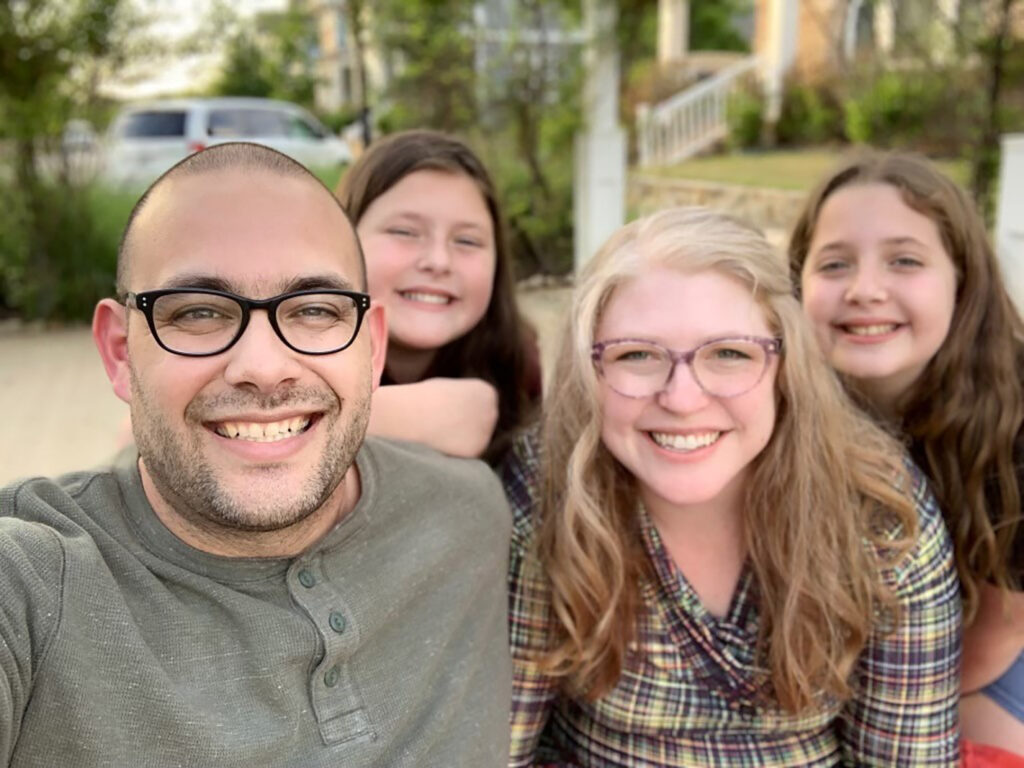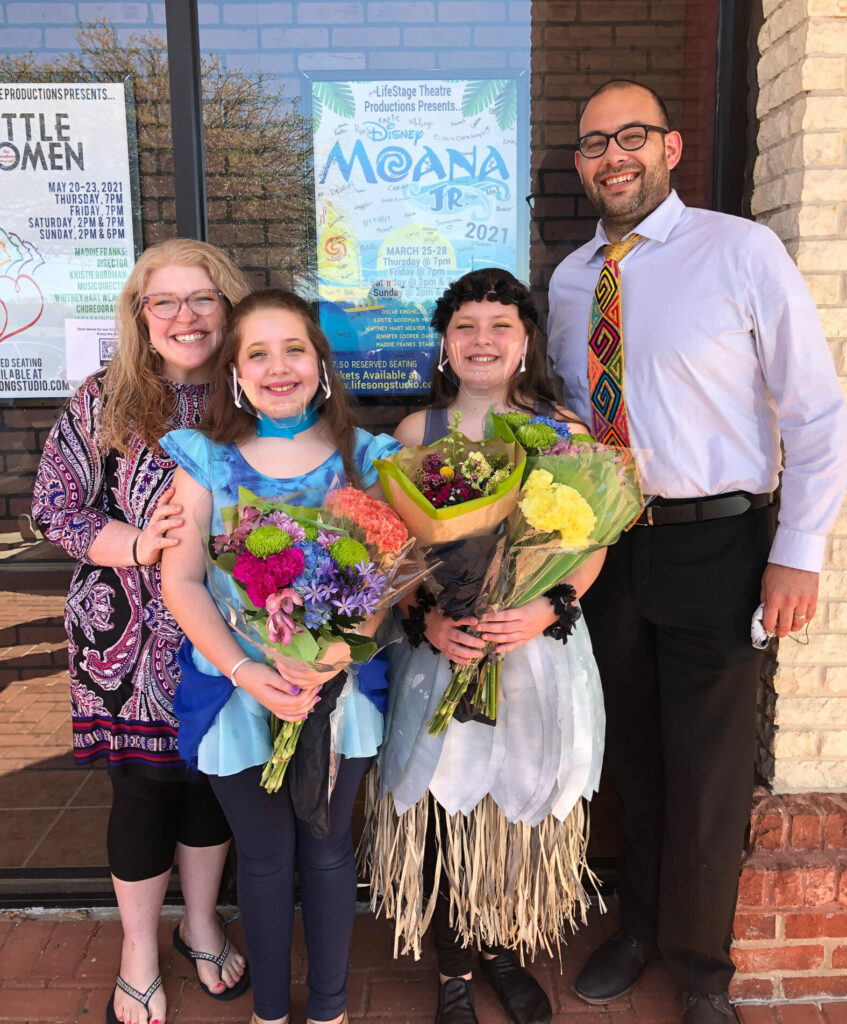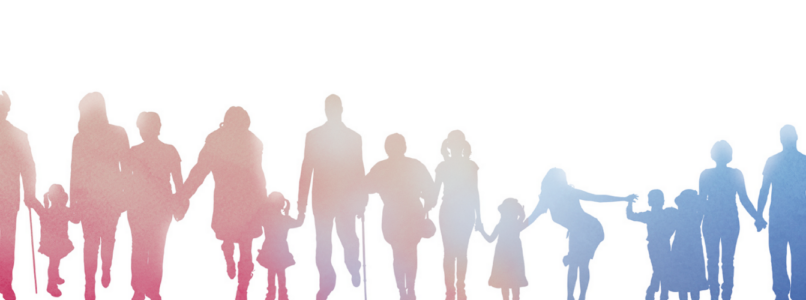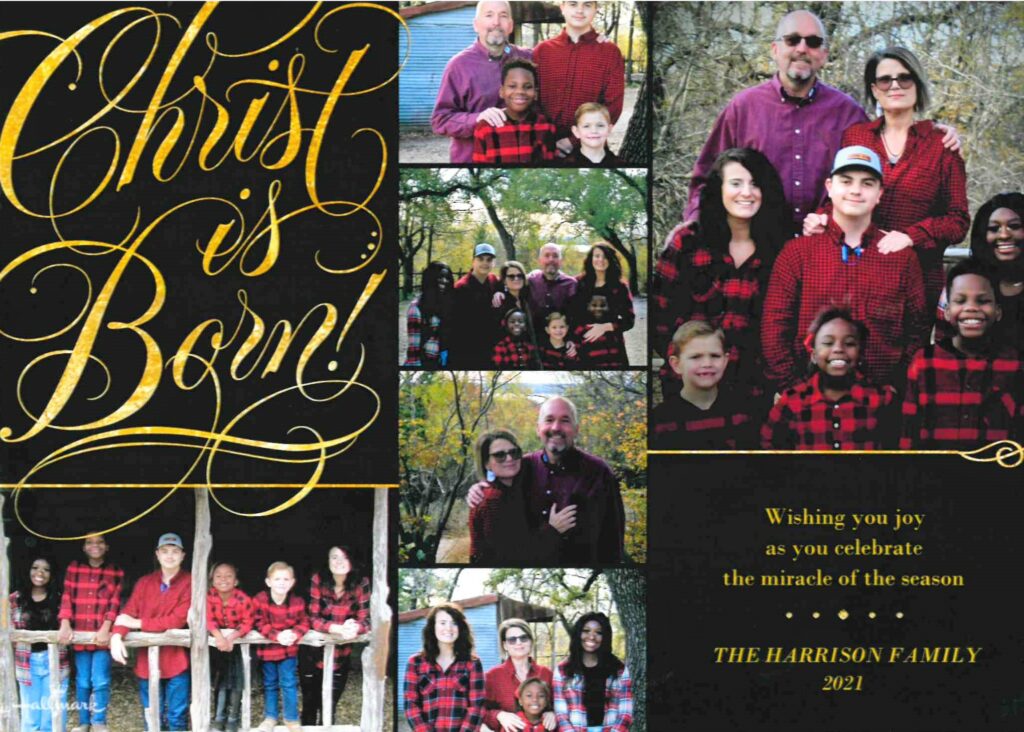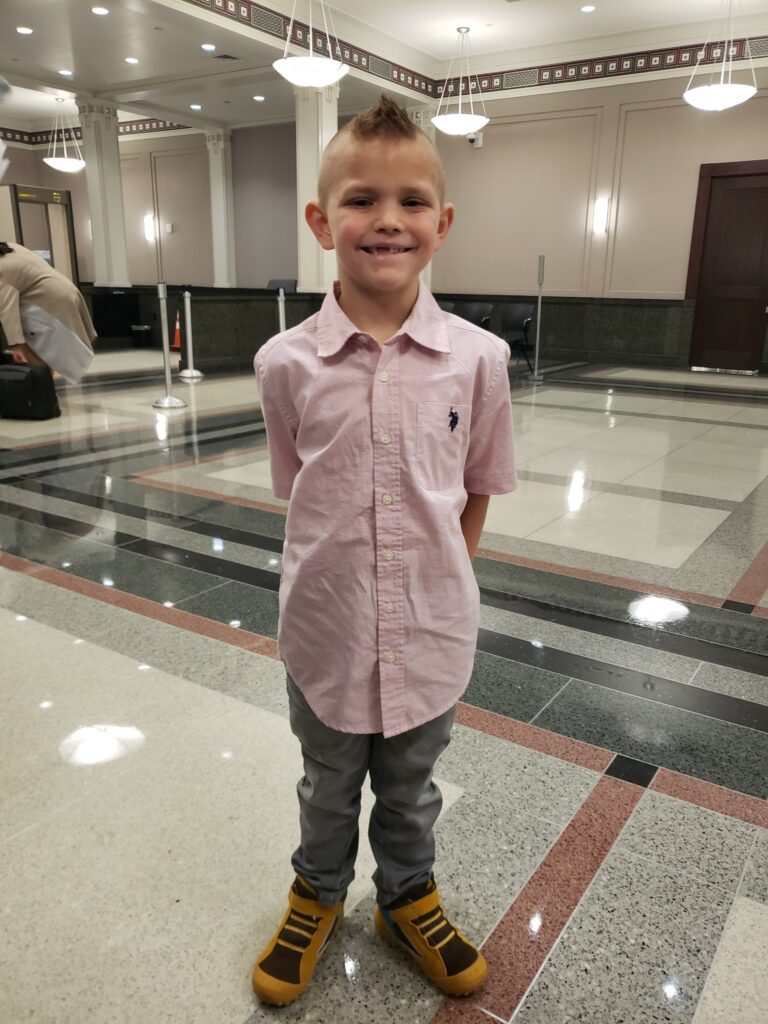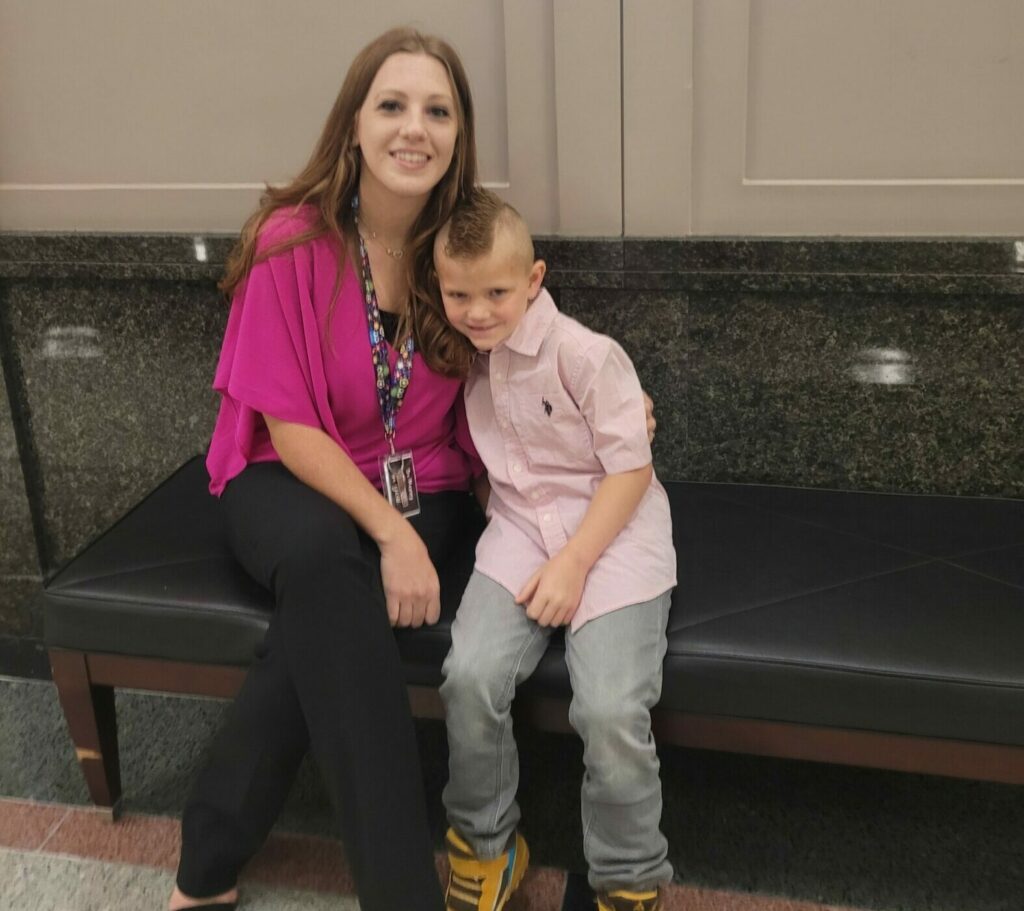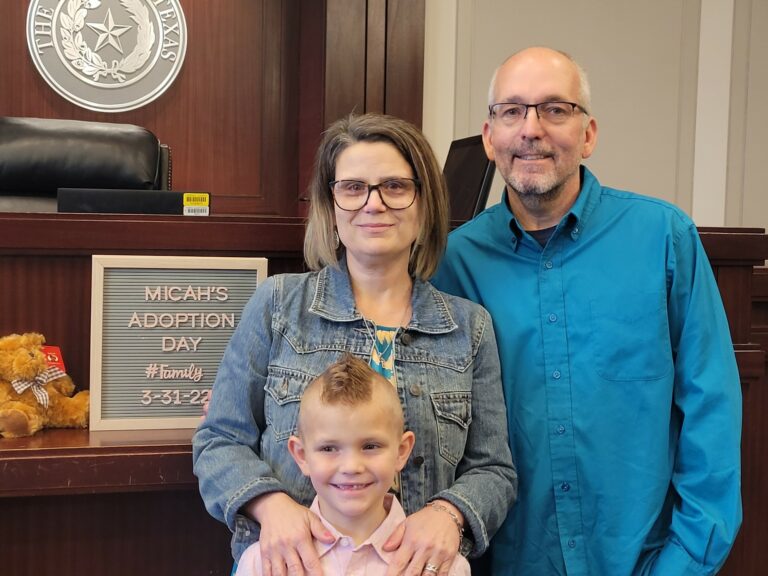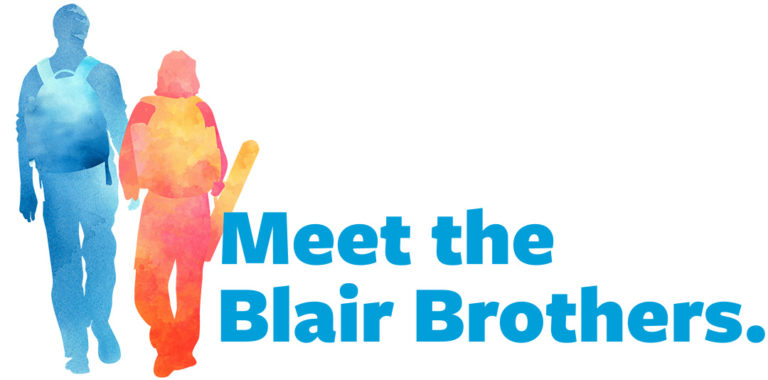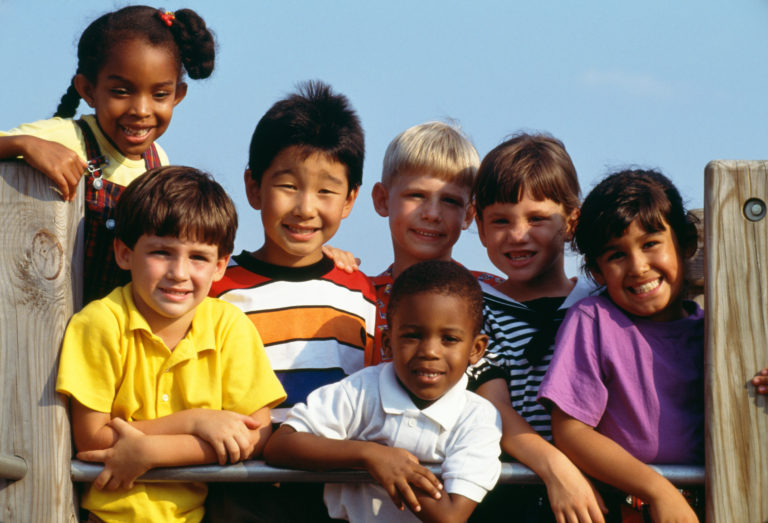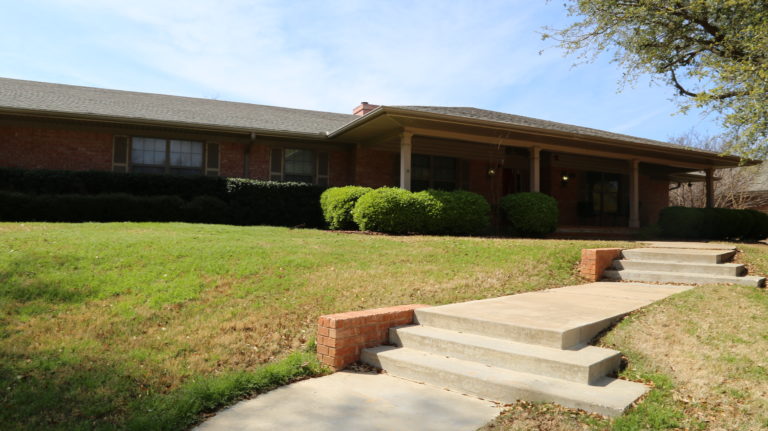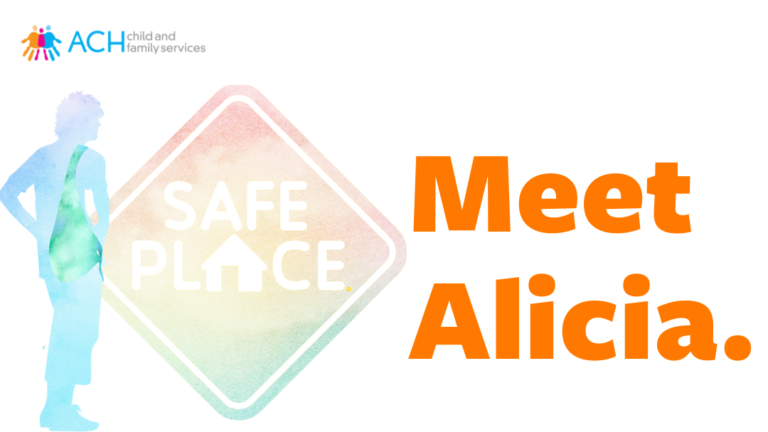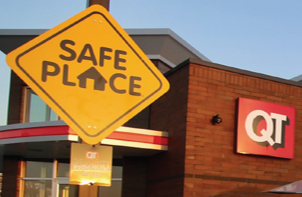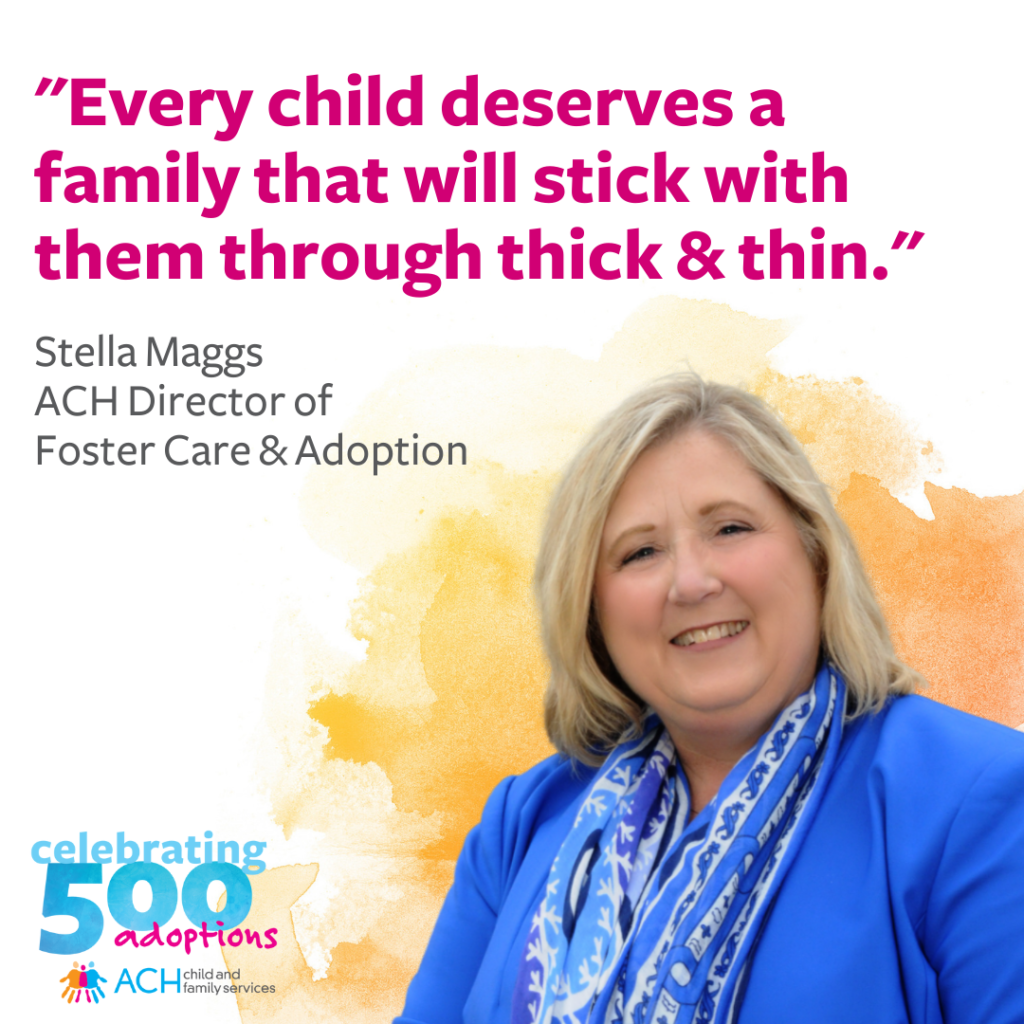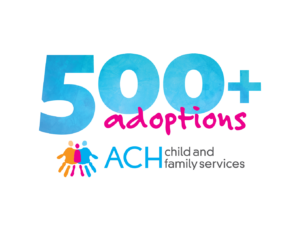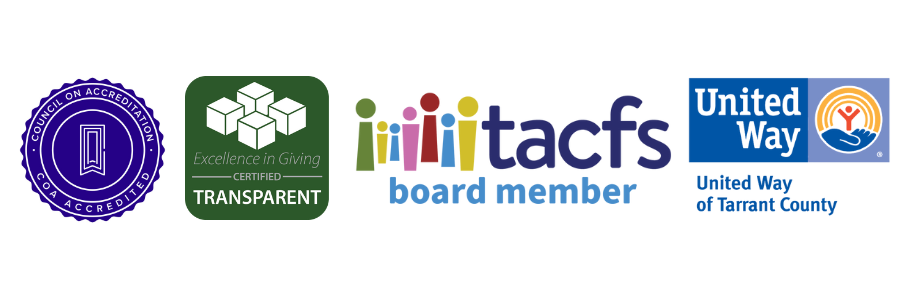Lucy’s Journey
Fists of rage have stained her story,
but she lets the intervention of others help her anger
Lucy was angry. She left another hole in the wall of her room at ACH’s Pat O’Neal Youth Emergency Shelter. This wasn’t the first time she decorated her walls with the emotions that raged within her.
Lucy came in full of anger, had difficulty stabilizing her emotions, and was terrified of attending school. She had little care for herself and no regard for others. At her worst, Lucy was suicidal.
This was also not the first time the ACH team greeted Lucy through the Youth Emergency Shelter doors. Though the goal is not for youth to have to return to the Shelter, we are grateful to offer a safe and familiar place where youth like Lucy can return.
The only shelter of its kind in Tarrant County
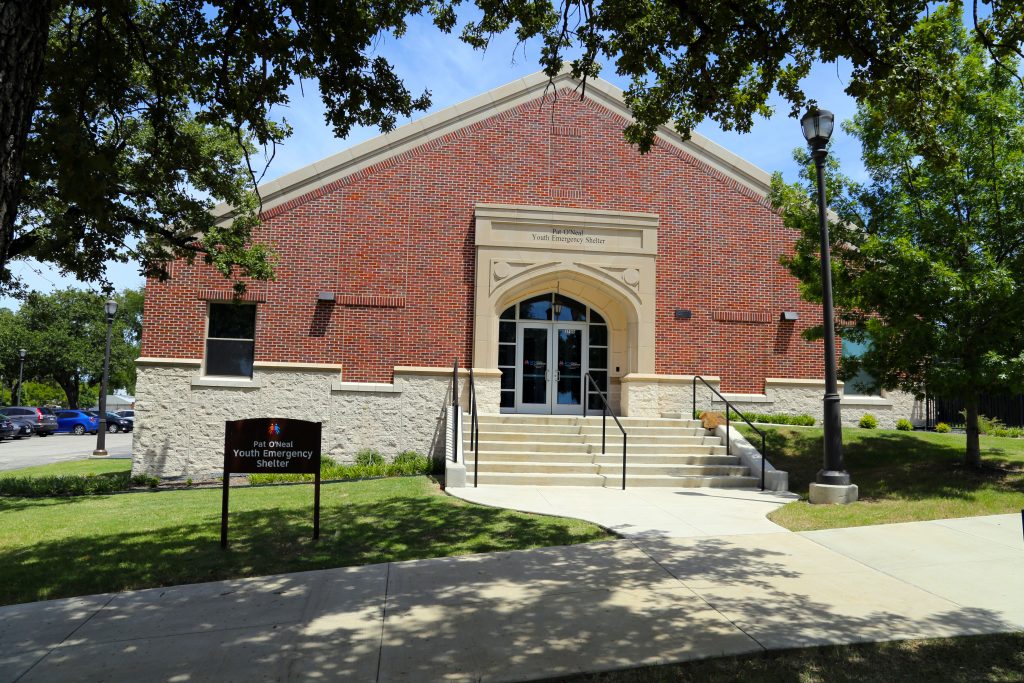
The Youth Emergency Shelter steps in at a time of crisis in a youth’s life to offer safety and identify the best place for them to call home. Immediately, a team assembles around each youth that enters our doors. Our team is dedicated to quickly returning youth to their family if that is a safe option and if not, finding the best solution within 90 days. When you think about the trauma Lucy is walking in with, 90 days is not a realistic time to expect to see the deep healing she needs. All we can do is meet her where she’s at, help her cope with her trauma, and get her to a safe place to heal.
Recovering from significant trauma, hurt, and pain is a process that our team not only understands but embraces. Meeting each child directly in the dark place they find themselves in is the heart of what our Youth Emergency Shelter Program does. The process is hardly smooth, often emotional, but covered in intentional, intensive, and active interceding on behalf of each youth.
Stephen Parker, Youth Emergency Shelter Program Manager, shares “We have seen incremental growth in her in such a short amount of time.”
Fort Worth ISD assigns teachers to ACH's on-campus classroom
Youth that enter the Shelter are usually significantly behind in school. Our team works to help them get caught up. Lucy’s residential therapist, Jenny, recalls Lucy refusing to do anything related to school. She slowly progressed to actually going to school, and now the team sees her engaging with school and doing homework.
When kids feel supported, cared for, and valued, they’re willing to try. Their minds are open to the hopeful possibilities that they could never fathom for themselves. Lucy realizes that what she does matters and there is someone that cares about how she is doing.
Stephen shares that building upon small success has been their goal with Lucy. Celebrating the moment when a wall wasn’t punched to release an emotion, acknowledging when she respectfully voices her opinions, and letting her voice be heard while leaning into teaching moments with her have been key.
Lucy is not afraid of school anymore. She sees its value because she’s realizing her own value. She’s not afraid to try, because she’s starting to hope for her future. When you show a child their value, that changes everything.
Lucy shares her experience at the shelter, “I now have hope and look forward to having a future that excites me. The staff and kids here at the shelter have assisted me with gaining self-worth and coping skills.”
"I now have hope and look forward to having a future that excites me."
Lucy
Lucy may still get upset and managing the way she responds in her anger may always remain, but the walls of her room no longer reflect the remnants of her raging fists. They are decorated in the colors of her youth – paintings, drawings, her art. They reflect the depths of her heart, both the joys and the pains.
*Names changed to protect privacy
About the Pat O'Neal Youth Emergency Shelter
The Shelter is a 24/7 residential-based program that offers homeless, runaway, throwaway and trafficked youth, ages 10-17, emergency housing and care while ACH works to connect them with appropriate social services, reunite them with their families, or find alternative safe and supportive long-term living arrangements.
The United States Department of Homeland Security said “ACH has been an invaluable partner in the fight against human trafficking. ACH faithfully provides a place where the victim’s safety, well-being, and immediate needs can be met and further assists in the transition to safe and stable housing.”
At an average cost per child of $258 per night, ACH is facing a projected funding gap for the Shelter of $579,366. Your donations can help children find what may be the first safe and stable sanctuary with protective adult support in their young lives.




